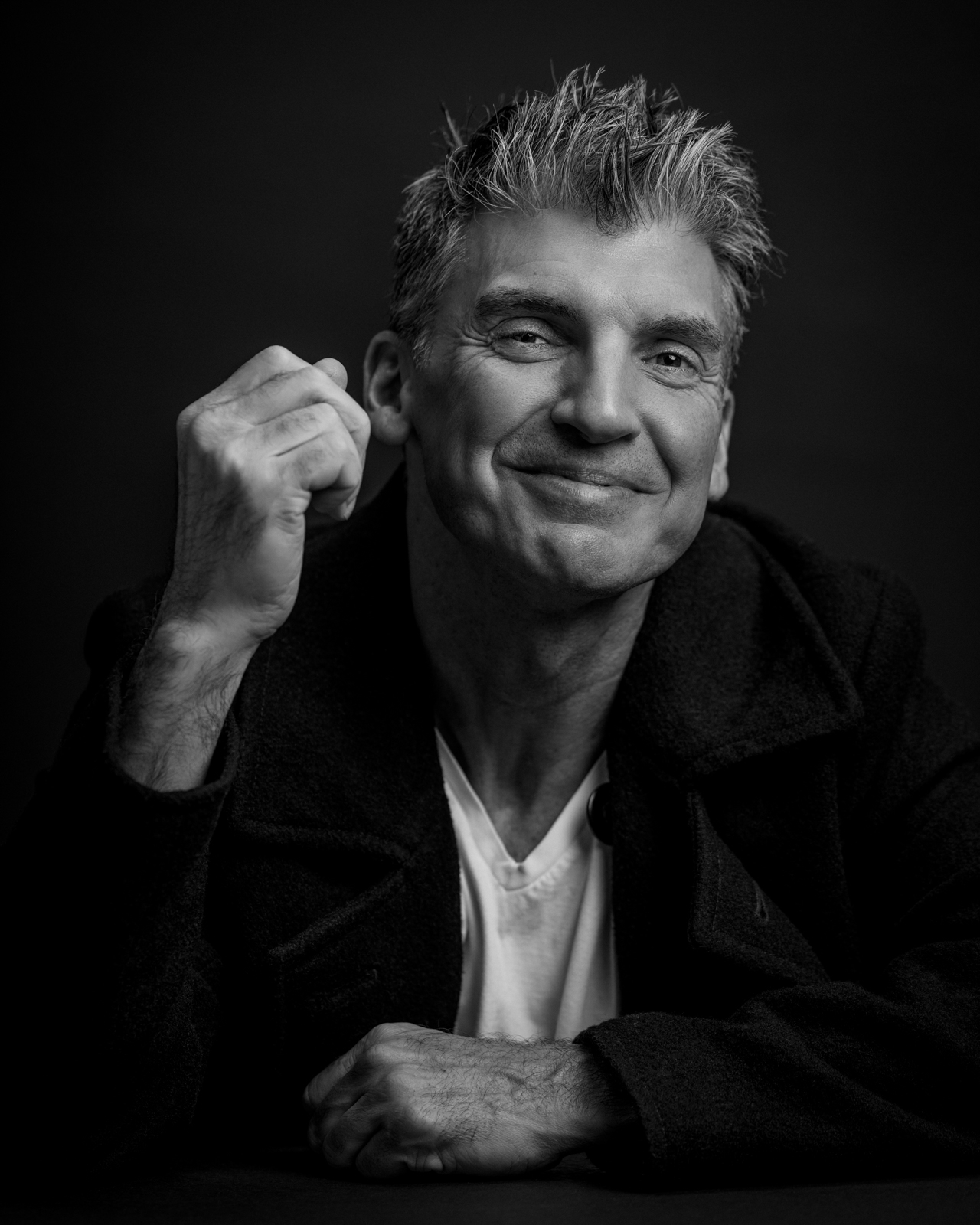
Grieving in the Shadows Offstage
by John Morello
Originally published at The Good Men Project
When I lost my brother to a heroin overdose, I not only felt the sorrow of losing a part of myself and the pain of watching my elderly parents grieve, I also felt unimaginably alone in my grief. Isolated by the real and imagined whispers of people that watched my brother’s final days play out. My family had lost people to cancer, car accidents, or old age and, although those things were tragic, there was never the slightest hint of shame as we openly spoke of their final days with the disease that took them. This is not the case when we lose someone to drugs. There are lies, confusion, judgment, from those who “mean well.’ And perhaps worst of all, there is silence. When those emotions are the pallbearers that stand in wait to carry the dead away, we are not only robbed of the person we loved, we are robbed of one of the most essential rights of our humanity; the right to grieve.
As a writer, actor, and youth worker I tried to sum up these feelings in a poem titled, That Cameo, which I wrote for my book, Buckshot Words. I offer it to the public now, in this time of a well-publicized opioid crisis, with the hope that it will help us love and understand the families in the grip of the shadowed villain of drug addiction.
That Cameo
The newspaper when held to the light
superimposes theater reviews of page B3 with the obituaries of B4.
The critics complaints blur together with sad biographies.
The dead are getting younger.
The scripts are so predictable, littered with the words “Suddenly.” “Unexpectedly.”
What a waste! Such talent, but the actors are not listening to each other.
They must project to their families in the back row.
Get it right. The line is, “I pass too young and too soon.”
Peacefully surrounded by loved ones
Above all he loved his family, the beach…his dogs.
Twenty eight years and now, resting “after a long struggle.”
He was stricken. Suddenly. Unexpectedly.
Keep it vague.
Don’t say the name of the thing that killed them.
Not because of shame.
It’s just, why should we give the thief any more
than he has already stolen?
Why should the reviewer cite the performance of that hack
who only showed for the final act?
Mumbling his lines while he stumbled over set pieces
nearly crashing the whole scene down.
No. Let the living remember
the whole play.
Act One.
The child enters laughing. He worked all night memorizing, you know.
A lavish set and props in place. Parents proud of such elocution.
Act Two.
The solo that brought ‘Oohs and Ahhs.”
A menacing silhouette passes by window fogs.
The love scene that brought weeping applause.
Voices and complications off stage right.
Where is this story going?
Act Three.
In which our protagonist battles with clenched fist.
Woos the maiden. Wins the heart. Finds the cure.
Scales the mountain. Still, that silhouette in the mist.
Act Four.
Daylight children that enter with laughter drowned out by midnight tears.
The powerless king and queen calling out from castle walls for their lost prince to come home and claim the throne. The detached jester.
(That was your lighting cue!)
The lines are forgotten.
The audience, awkward, questions if it’s all part of the act.
The fourth wall disintegrates.
Act Five.
The hero’s final battle. The silhouetted man is revealed.
Disfigured, thin and scarred. The audience shrieks in memory.
Women elbow their dates and brag “I knew it was him all along.”
At last, the final duel. The cellos underscore the tension. They meet.
Swords drawn, needles tapped.
Forearms slapped, rapiers rapped.
The silhouetted villain snaps open his jacket aside to the audience and
reveals the poison dagger causing patrons in the opera box to drop their monocles and yell, “No!”
Sequined gowned ladies flap Chinese fans and cry “look out!”
Alas, he goes down.
The critics clap and click their pens as these thoughts leak out
our hero’s veins down the dagger’s handle and exit the stage
out the back alley door to the press to my newspaper page.
I expected the final scene to be the one we choreographed.
It was…It was all there. In my script. It was a seven-minute duel.
Each of us trading higher ground with a flick of the wrist.
It was my best work. It was marvelous.
The thrust and parry then me from the balcony exclaiming
“A-ha, I have you now.” That was how it was supposed to go.
But then this.
Suddenly. Unexpectedly.
My shadowed nemesis
pulled me in with leather-gloved hands behind my neck
and delivered the blade. Yes, The line is
“I pass too young and too soon.”
Sudden. Unexpected.
He was quite good at what he did. No?
Everyone loved the plot twist. That cameo. We’ve seen him in a million things. Name not mentioned in the credits but we know him well.
And so I pass. Stricken.
I fall ill.
And all the reviewers can tell you is, I “loved boxing and music?”
and “walking the dogs on the shore?”
I was quick with a joke. No?
I was. Devoted. No?
Surrounded by family.
Suddenly. Unexpectedly. Stricken. After a long struggle.
-John Morello ©

John Morello is an actor and artist who lives in Massachusetts. He is the creator of the one-man show "Dirt" and most recently staged a theatrical performance of T.S. Eliot's "The Waste Land." He is the author of "Dirt: The Graphic Novel" and "Buckshot Words" a memoir collection of poetry and essays.
